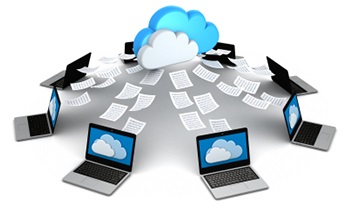How important are software licenses, really? These complex legal documents can be overwhelming, so most people simply hit “Accept” when prompted instead of taking some time to understand what it is that they are accepting.
Software licenses dictate exactly how software can be distributed – the number of copies that can be used by a single license, limitations of liability, warranties, and other key legal considerations. Because of this, there are some important pieces of every software license that are essential for small business owners to take note of.
Firstly, paying for business software is always the right answer. Many expensive software programs are illegally available for free through varying methods. While this may seem like a great idea initially, if you have not paid for your software, you can easily be found guilty of theft should the software company become aware.
Further, it is very important that you know exactly who is allowed to use the software, and how many copies of the software are covered by each license. If these restrictions are not followed to the letter, your company’s growth could place you on unstable legal ground. It’s always a good idea to be aware of how many licenses you have purchased, and to ensure that you are staying well within those limits when giving employees access to different programs.
Lastly, you should always be sure that you read and understand the end user license agreement. This piece of the software license dictates exactly what you can and cannot do with the software you have purchased. This includes information on how the software company will use your data and any additional software that you are authorizing the company to install on your computer.
While it’s tempting to ignore software licenses, it’s always in your best interest to understand what they mean. To stay on the right side of the law and avoid hefty fines, you should ensure that you acquire your software legally, know how many users are covered by your license, and always read the end user license agreement. In addition, you should keep track of your purchase and licensing information for any piece of software you use at your company – should things go sideways, it’s always best to have proof of purchase.
If you’re feeling overwhelmed by this, or want someone to double-check that your company has everything in order, reach out to your IT professional. They will be able to help you ensure that your company is using software that is appropriate, legal, and optimal for your unique needs.





